Promoted from Diaries – DM
I had a novel experience last Thursday–I had lunch with my boss in our office conference room, not as we have untold numbers of times, but as a blogger hoping to get a question in.
In a way it was a lunch more than four years in the making.
In October, 2006 I was on a long weekend trip to Colorado, most of which I sent critiquing Bob Woodward’s State of Denial. That book seems very far away now, but at the time it was hot stuff. It was being heralded as the final denouement of the Bush administration by the venerable dean of the Washington Press corps.
The book was especially devastating of then-Secretary of Defense Donald Rumsfeld. He came across as brusque, myopic and hectoring. Quote after quote portrayed a man who was at the same time trying to grab authority and evade responsibility. It made for a riveting read. As Peggy Noonan noted, this “first-person testimony” that was “well documented with copious notes” constituted “a real contribution to history.”
I had noticed, however, that the Pentagon had taken the trouble to release the many page transcript of Secretary Rumsfeld’s interviews with Woodward. It made for interesting comparative reading, as Woodward could be quite creative with his quotes. In the dramatic conclusion of State of Denial, for example, Woodward declares himself struck speechless by a comment of Rumsfeld’s, so shocked was he by the arrogance of it. The man of words could find none. But according to the transcript, Woodward had found several hundred more, including some embarrassingly sycophantic banter. As with so much of the coverage of Rumsfeld, the easy narrative didn’t seem consistent with what the man had actually said.
I published my piece and quickly got a call from Erick Erickson that someone in the Pentagon had noticed it. I was amazed. Even more exciting, they thought it might be possible that I could get the first blogger interview with Rumsfeld. This was of course dazzling news for an academic, but I was game.
Just weeks later, Rumsfeld resigned after the 2006 mid-term elections. So much for that, thought I. Little did I know that six months later I would be accepting a position on his staff, first to oversee the digitization of his archive and later to assist on his book project. But that’s how it worked out, and the results are in bookstores now to the tune of some 726 pages of text not to mention 1326 endnotes and 84 illustrations. I still have a moment of panic when I see the cover, thinking that it has leaked.
As part of then roll-out, we planned a blogger lunch, which included Erick. At the last minute he had to cancel for personal reasons, leaving us with an empty seat. In a flippant moment I decided I would take it to cover for Redstate. This left me with a dilemma–how to come up with an interesting question for a man about whom I already know far too much?
When I announced my participation the boss responded with mock horror, no doubt anticipating a deliberately arcane question about the inner workings of the Nixon administration Cost of Living Council. The group arrived and there were excellent, lively questions–so many in fact that I did not get called on. As people were leaving, however, Rumsfeld asked what my question would have been, and I got my chance.
In going over the book in my mind I had hit on several of the “what if” moments that lead into the realm of alternate history. There are a number in Rumsfeld’s story. What if Nixon had not resigned? What if the 1988 republican primary had shaped up differently? Then there are the many “what ifs” about the Bush administration, that still-unresolved, difficult-to-judge period of history of which Rumsfeld was a big part.
On pages 491-92 of Known and Unknown, Rumsfeld writes that on March 6, 2003 he offered to go to Baghdad in the weeks after the invasion to personally oversee the early post-war phase. President Bush turned down the offer on then grounds that his Secretary of Defense might be needed to deal with other crises, and the moment passed. For such a loaded “what if,” not much is made of it.
So my question was, what did Rumsfeld hope to achieve had the President said yes? Could he have made much of a difference in the shifting chaos that was post-war Iraq? I knew he held strong views that the situation would have been better had the coalition quickly transferred authority to the Iraqis rather than embarking on the year-long CPA.
At first he laughed and said we couldn’t know, but I pushed (figuring this was probably my last chance at this interview). Turning serious, he said, “I would have gotten to know the people, the players, and who was doing what. I would have known whose string to pull when we needed to get something done.”
Whether or not that knowledge would have changed the tides of history in 2003 will have to remain an unknown, but the episode does challenge the accepted truth that Rumsfeld was uninterested in or unconcerned about post-war planning in Iraq. It is also consistent with his long-held belief that getting the right people is the key to success in any endeavor. And I learned a little something new about a man who has spent so many of his 78 years participating in the history of our nation. While I can in no way offer an unbiased appraisal of his book, I do hope that people interested in the events he witnessed will give Known and Unknown a serious read.
Oh, and Peggy Noonan–if you want to see something that is actually well-documented with copious notes, check this out.


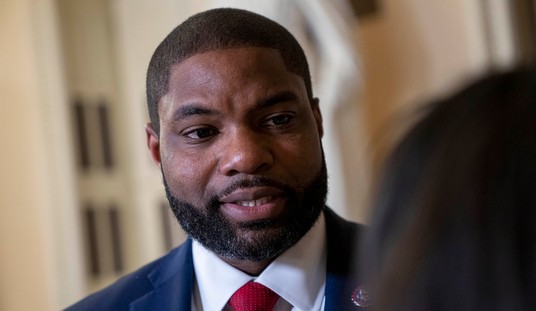

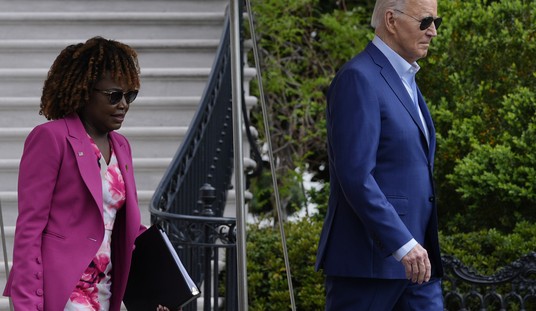
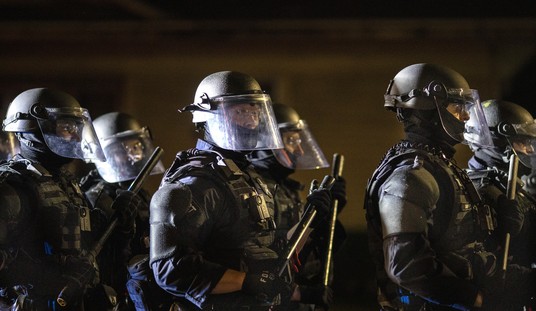
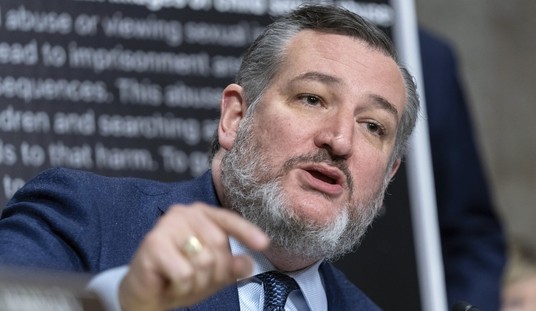
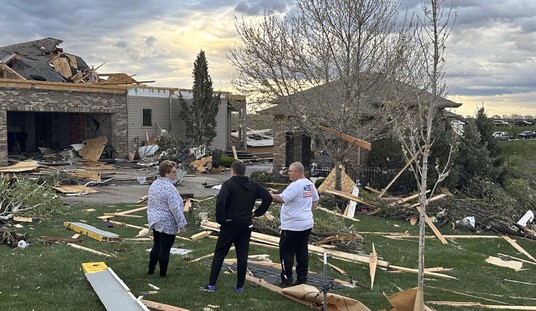

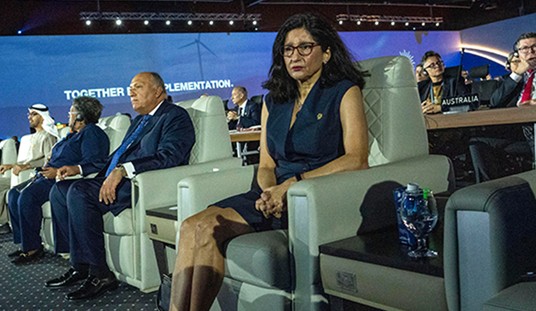



Join the conversation as a VIP Member